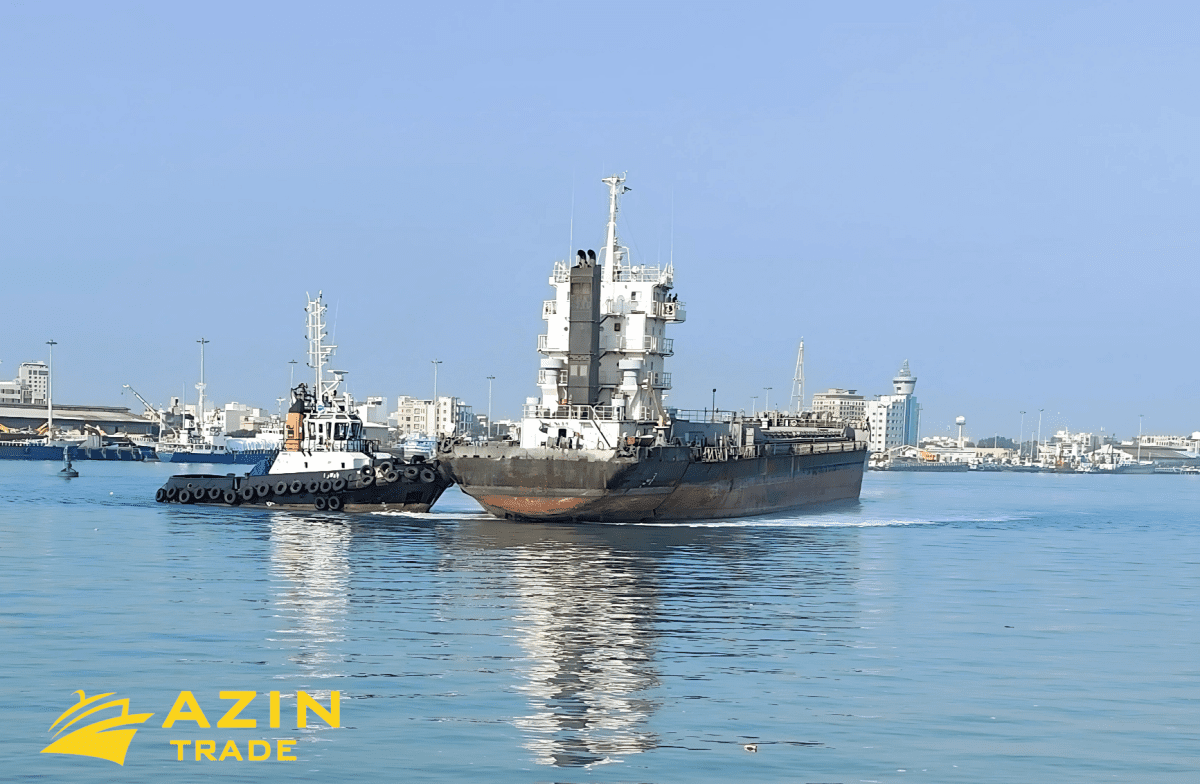 Exporting OPC Cement to Kuwait: Opportunities, Standards, and Market Demand
Exporting OPC Cement to Kuwait: Opportunities, Standards, and Market Demand
With its growing infrastructure and rapid development projects, Kuwait has become a significant importer of construction materials—particularly Ordinary Portland Cement (OPC). For exporters, Kuwait offers both a lucrative market and strict regulatory standards that must be understood and navigated carefully.
 Required Standards for Export
Required Standards for Export
To successfully export OPC cement to Kuwait, suppliers must comply with the Kuwait Public Authority for Industry (PAI) specifications. These typically align with international standards such as:
-
ASTM C150 – Standard Specification for Portland Cement
-
EN 197-1 – European standard for cement types

🌍 Logistics and Market Access
Shipping to Kuwait is often done via major ports such as Shuwaikh Port or Shuaiba Port, using bulk carriers or containerized cargo. To minimize costs and ensure freshness, shipment times and storage solutions must be optimized.
Recommended practices:
-
Use moisture-proof packaging for bagged cement.
-
Maintain stock turnover to avoid cement aging.
-
Ensure accurate labeling in Arabic and English.
Ordinary Portland Cement (OPC) is a widely used cement made from limestone and clay, heated to form clinker and ground with gypsum. Known for its high strength, quick setting, and versatility, OPC is used in construction projects like buildings, roads, and bridges, and comes in grades (e.g., 33, 43, 53) for various strength requirements.
💼 Final Thoughts
Exporting OPC cement to Kuwait presents an excellent growth opportunity for international suppliers. By complying with local standards, maintaining quality control, and understanding market logistics, exporters can gain a competitive edge.
If you’re a supplier looking to expand into the Middle East, Kuwait is a market you cannot ignore.





